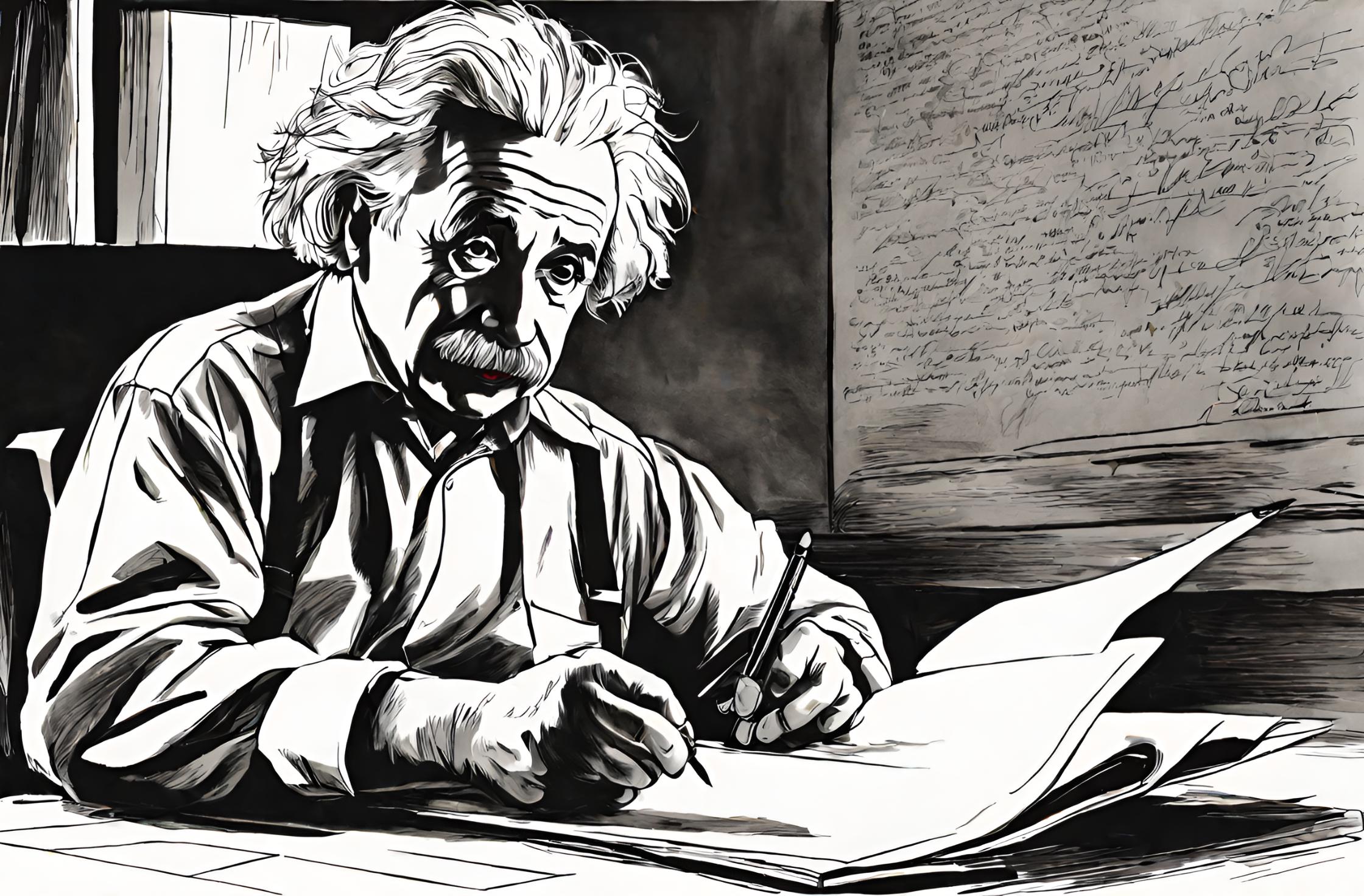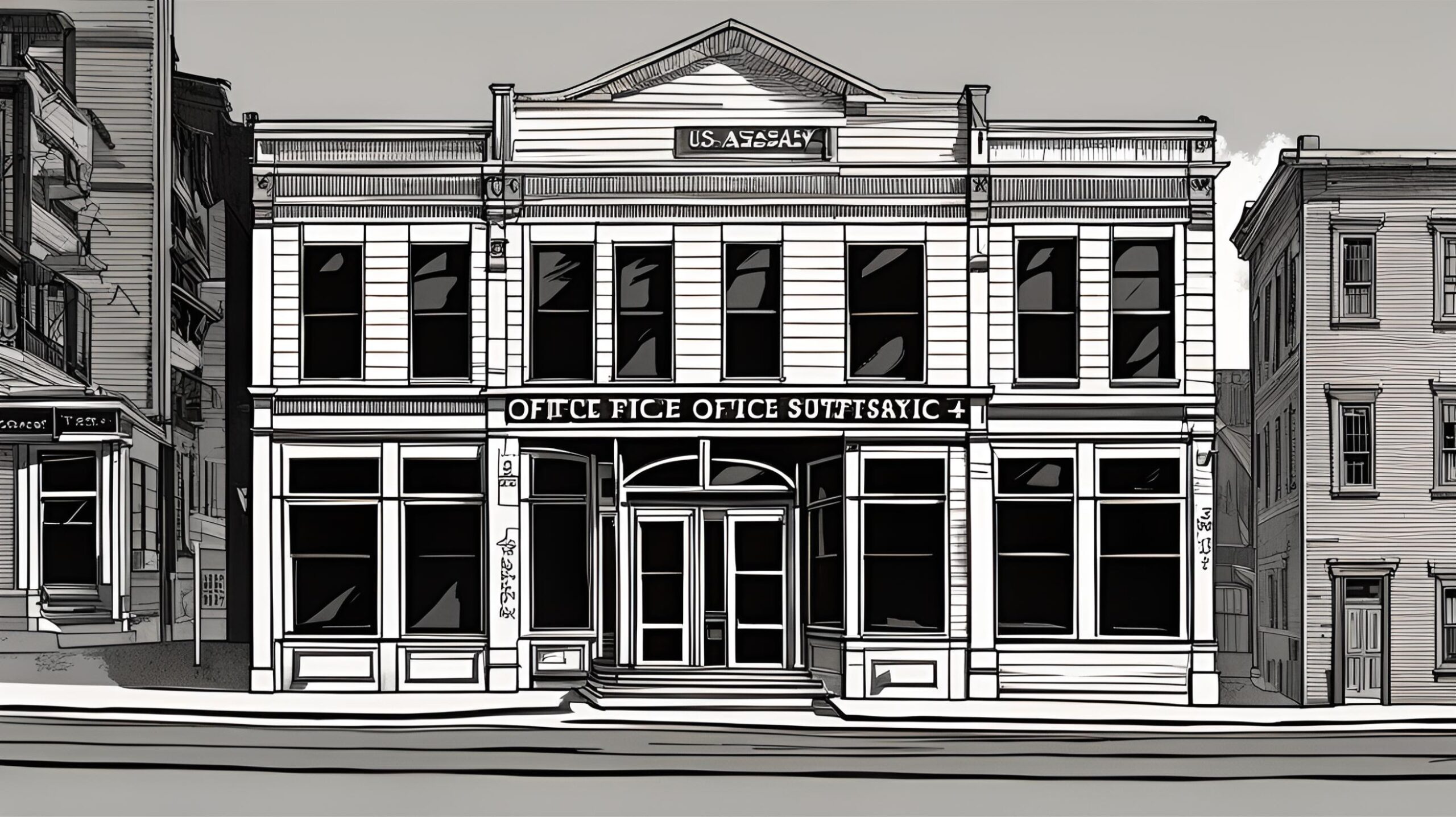Flashback to June 30
American History

First and foremost, let us relish in one of the most definitive moments in human history which involves two celebrated figures, namely Albert Einstein and Franklin D. Roosevelt. In the chronicles of global historical affairs, the date 10/11/1932 has been etched out as a pivotal moment when Einstein penned down a letter to Roosevelt, shedding light on the potential development of an atom bomb. This letter served as the impetus for the initiation of the Manhattan Project and became a turning point in the Second World War.
Albert Einstein, a revered name in the arena of Physics, stumped the world with his Theory of Relativity, unraveling the correlation between energy and matter. His revelations on atomic energy set the foundation for the possibility of creating something potent enough to shift the dynamics of any war – the atomic bomb. When he wrote to President Franklin D. Roosevelt about this, his aim was not to instigate violence, but rather to warn of the impending danger if in the wrong hands.
The letter to Roosevelt emphasized the expertise of German physicists in the enrichment of uranium 235, a critical ingredient for an atomic bomb. Given the political tension at the time, there was immense potential for this knowledge to be weaponized. Transcending the barriers of scientific jargon, the letter highlighted in layman’s terms the immense destructive capability of an atomic bomb, sort of like millions of bombs of the sort used in warfare at that time.
Roosevelt, already experiencing the increasing heat of World War II, was quick to understand the implications of Einstein’s disclosure. He regarded Einstein’s letter with high urgency, and the matter was immediately thrust into the arms of advisors and experts to deliberate on the course of action. This critical response led to the birth of the Manhattan Project, aimed at ensuring the United States could develop an atomic bomb before any other nation.
The joint venture of Einstein and Roosevelt underscores the intersection of science and politics in shaping history. The letter from Einstein stirred a significant political response that ultimately changed the course of warfare and had a substantial impact on the outcome of World War II. This fortifies the narrative around the power and responsibility of knowledge. Einstein’s prompt action to inform Roosevelt and the latter’s quick response underlines the indispensable role of collaboration in the face of global threats.
Franklin D. Roosevelt’s receipt of the letter from Einstein is a vivid illustration of action unfolding from awakened foresight. The event ascertained that, amid the cacophony of war, the voices of reason and caution could still echo loudly. This tale of science and political acumen, represented by Einstein and Roosevelt, encapsulates a milestone in world history, and stands testimony to the potential of knowledge when used with prudence and responsibility.
As highlighted in this article, the events that transpired on 10/11/1932 after the delivery of Einstein’s letter to Franklin D. Roosevelt had monumental effects in shaping the world we know today. Inspiring profound introspection on the roles of science, politics, and knowledge in global affairs, it warrants recognition as a significant chapter in our shared global narrative. Transcending the ripples of time, the story continues to instigate discussions and debates around the ethical implications of scientific advancements and the responsibility accompanying political power. The echoes of this ground-breaking event continue to traverse through the corridors of time, leaving an indelible imprint on the consciousness of humanity.
We strive for accuracy. If you see something that doesn't look right, click here to contact us!
Sponsored Content

US Assay Office in…
On June 30, 1927,…

US President Harry Truman…
On June 30, 1950,…

Battle of Fort Recovery,…
The Battle of Fort…

US Assay Offices in…
On June 30, 1933,…

US Federal Equal Rights…
On June 30, 1982,…

